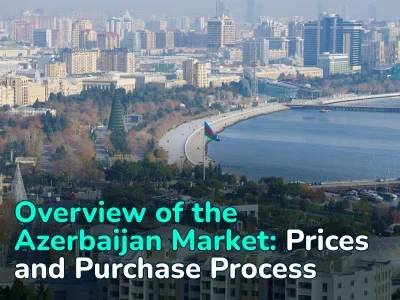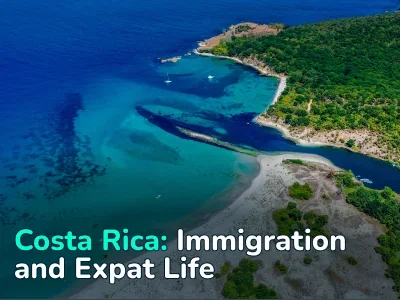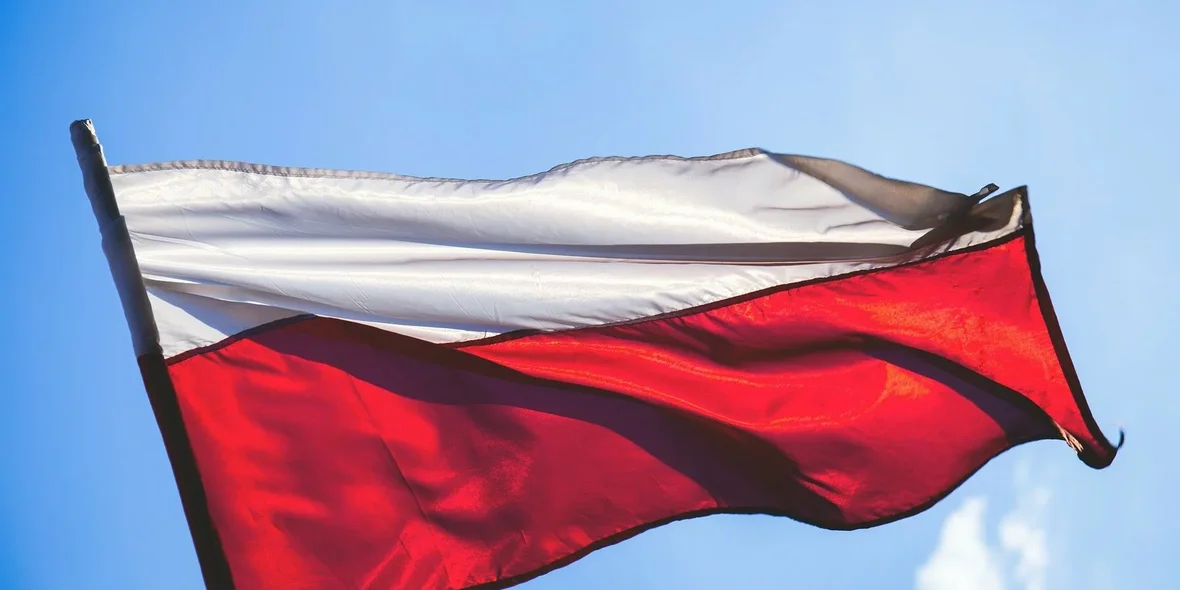
Citizenship, Residence Permits and Permanent Residence in Poland
When pondering about immigration opportunities in other countries, Poland should definitely be on your list. Today the government is offering foreigners opportunities for business ventures and employment in various sectors, from fields related to culture, to economy and finance. Here we explore all the necessary details and documentations needed to move to Poland and acquire a Polish citizenship.
Why Poland?
Moving to Poland is a good starting point towards mobility throughout Europe, or perhaps one might even consider calling Poland home. Many of my clients started out by travelling around different countries, to get a “feel” of what immigrating there would be like. However, most had ended up specifically relocating to Poland.
Acquiring a Polish passport or a residence permit of any kind, allows the holder to freely travel around the European Union, just like any Polish citizen would. This translates into possibilities such as access to a manifold of education facilities/universities in Europe, medical insurance, acquiring loan benefits from Polish banks, and securing a pension plan upon hitting a certain age.
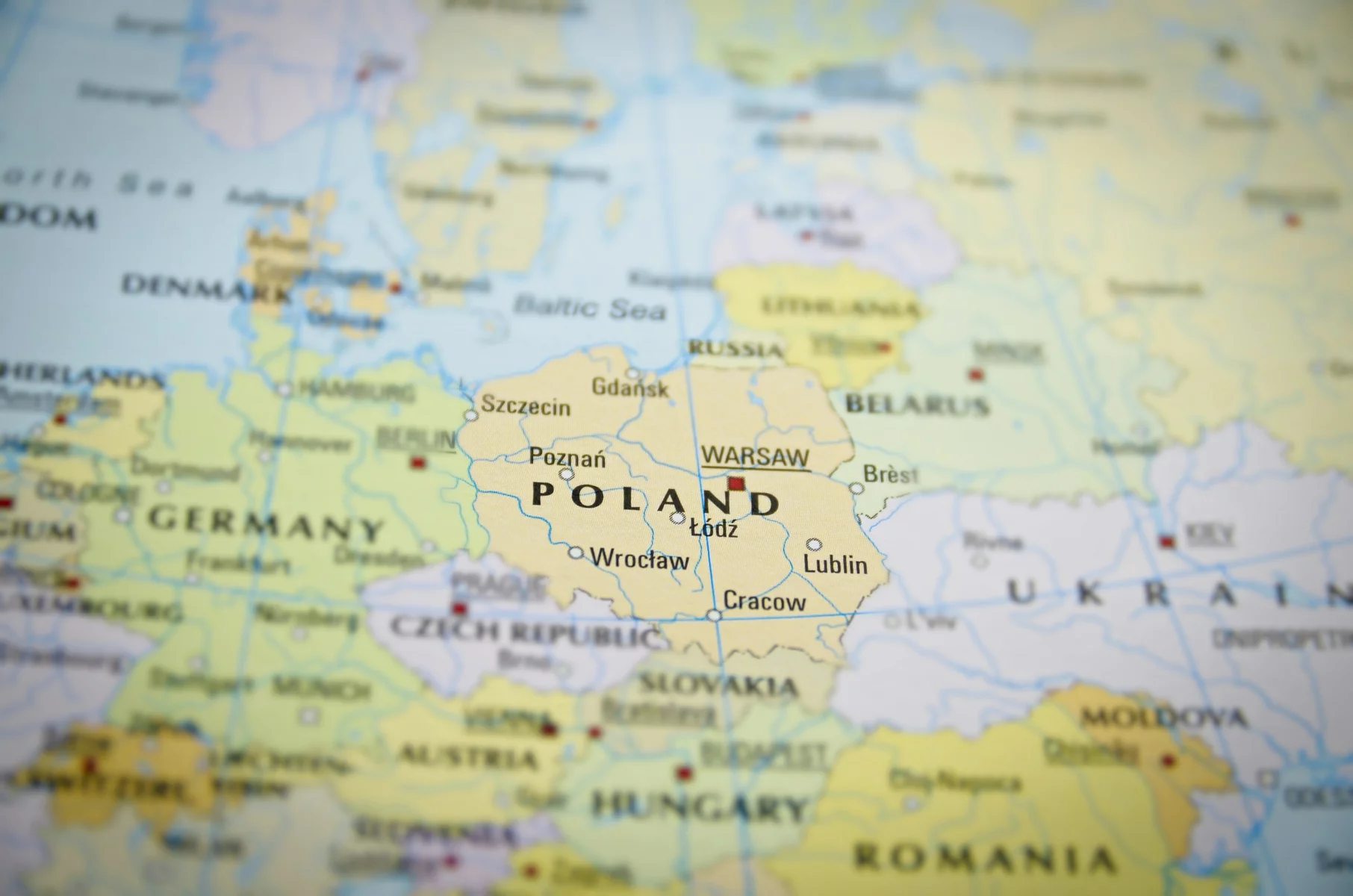
Acquiring a Residence Permit in Poland
To acquire a residence permit [and possibly, later, a permanent residence] within the Republic of Poland, there must be a significant reason for moving there. For example, employment at a Polish company, or possibly starting a business venture there. Marriage, having a Polish spouse is, of course, a sure way to acquire citizenship, especially if planning to relocate on the basis of familial relations. Residence is open to those having Polish roots; definitely with necessary evidence in documentation, [for example a great-grandparent is of Polish descent etc...].
Studying in Poland is an option open to all, this can be done at any age, and is a basis for legal mobility/residence in Poland.
Applicants must submit the required documents personally to the appropriate Voivodeship Office. These offices are located in the biggest city of each region in Poland, and represent the Polish government. The application process includes taking fingerprints and verifying the reasonable grounds behind the move [employment, education, marriage etc…]. After submission, the documents will be examined, a waiting period generally between 4 - 8 months. However, there have been cases when it took longer [additional examinations were necessary].
Throughout the document-examination process, staying in Poland is considered legal on those grounds [as a waiting period]. It is important to note that issuing a residence permit includes a fee between 90 to 100 euros [depending on the grounds of relocation].
When the residency permit is approved, the foreigner receives a ‘residency card’ - granted freedom to register into a dwelling and perform tax transactions.
The first residence permit may be given to a foreigner up to/between to 1 - 3 years. Afterwards it may be renewed for longer periods.
Living in Poland for around 5 years is an opportunity to acquire a permanent residence. On condition that a stable employment and a dwelling [a rented apartment, or a purchased property] is maintained. A permanent resident receives a ‘permanent residence card’- this must be renewed every 10 years.
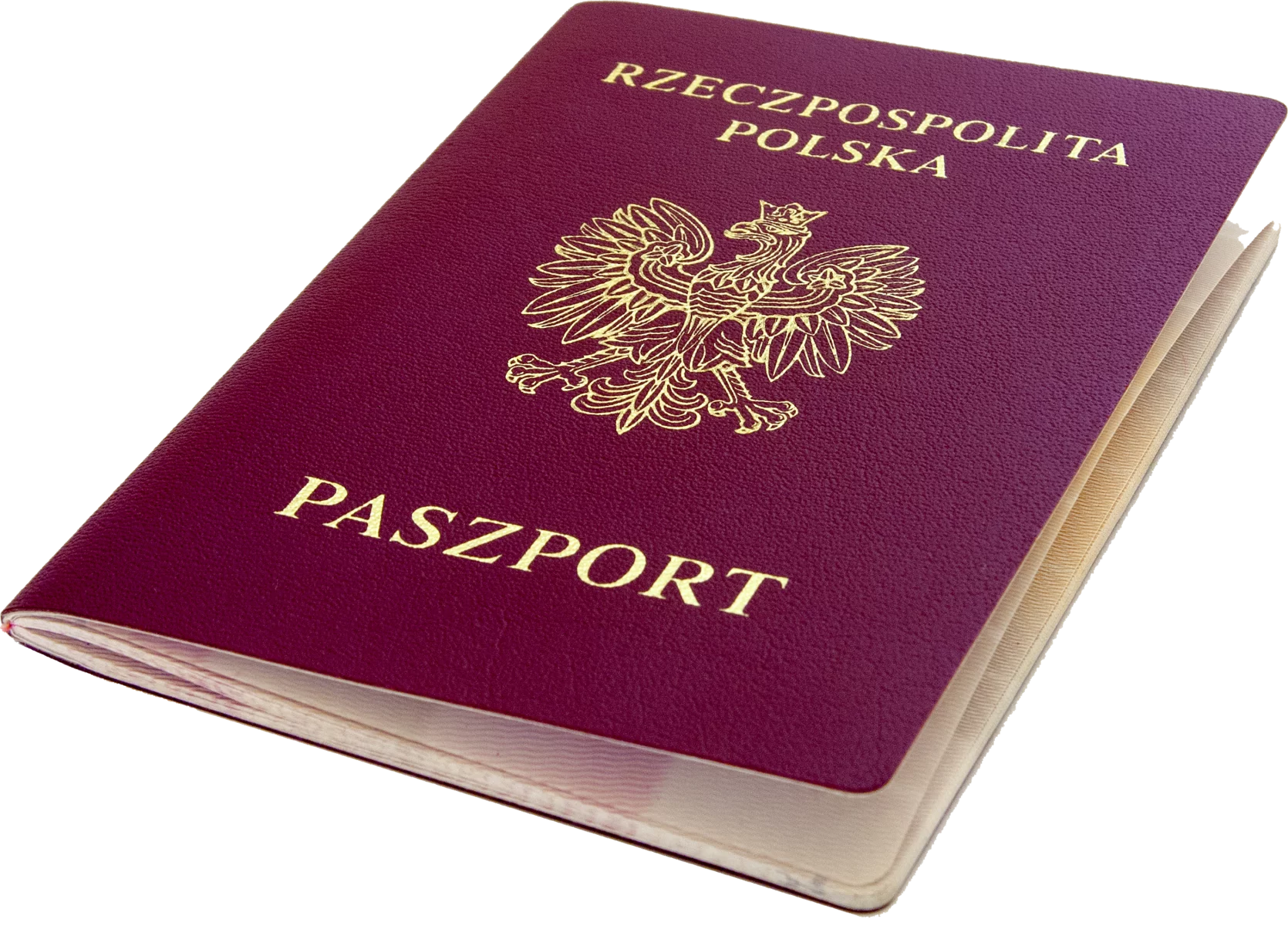
Immigration to Poland
1. Start-up Business Ventures
Planning to open/register a startup company in Poland, there are three conditions to consider:
- The starting capital must be no less than 1200 euros.
- The company owner must be of age, there may be more than one company owner.
- In order to open the firm, the owner must register personally, or own an electronic signature registered in Poland [then the whole process can take place online].
Through the startup business, a type D visa is granted, this allows the individual to stay in Poland a minimum of 180 days - and secure prospective future towards acquiring a residency permit.
An important note to keep in mind, getting a residency permit of any kind under this category means that the business must undoubtedly impact the Polish economy positively. For example, opening just one coffee shop or a small hostel is often not enough to impact the economy significantly.
The first condition looked upon by the government is the tax deductions in a business and the number of employed locals. If your business employs at least two Polish citizens, then the chances of acquiring a residency permit is more likely - this can be done within the first year of opening the business venture.
It is enough to simply purchase or partner with an already operating business within the Republic of Poland. Of course, this process may be more complex and with possible risks, however with professional support and the right business mind-set, any difficulties can be overcome.
2. Work Permits
Another option to legally reside within the Republic of Poland is - formal employment. The main reason being, that Poland had experienced a downturn in employment rates a few years ago, as qualified Polish professionals flowed towards the western countries of the EU and USA. This in turn signifies the government’s need for employees.
The last couple of years, Poland had welcomed citizens from mostly Russia, Ukraine, and Belarus who sought out employment opportunities in Polish companies. The employer of such companies must first, have offered such jobs to locals, before, in turn, accepting foreign employees. This confirmation is especially needed, by the government, for jobs requiring specialized qualifications.
For job opportunities that do not require any type of qualifications, usually jobs in dire need by the Polish government do not need confirmation from the employer.
Upon achieving employment, the employer will request a work permit on your behalf, which may serve as a stepping stone towards obtaining a prospective residence permit. However, a minimum of 5 years of employment in Poland is needed.
It is worth noting that those who have received their qualifications/diploma from Polish universities do not need any sort of confirmation to work in Poland. Additionally, the time spent studying at a Polish university is taken into account when applying for a residence permit.
3. Marriage to a Polish citizen
Familial relations is, by far, the fastest way of acquiring a Polish passport. When/if planning on building a family with a Polish citizen, the visa/citizenship phases are generally a bit quicker.
Marriage with a Polish citizen is definitely more beneficial if done within the Polish state [for documentation purposes]. However, one can most certainly get married anywhere in the world, but this means an official marriage certificate would need to be provided.
Marriage within the Polish state is automatically registered within a month, and an official marriage certificate is acquired either through civil or religious ceremonies. Marriage in churches is recognized by the government. Noted that the foreign spouse must have their identification documents at the time of registration, as well as an official document stating their marital status [to ensure they are not already married in their home country].
After the marriage, one can proceed with the residence permit. An application for residence on the basis of marriage must be submitted to the Voivodeship Office of their region [along with a fee]. The process includes a mandatory interrogation, to check the validity of the marriage, in other words, be prepared to answer various questions proving the honest intentions behind the marriage vows.
With regards to citizenship, the foreign spouse may apply after 3 years of marriage along with an uninterrupted residence within the Republic of Poland.
4. Polish Roots
The Republic of Poland welcomes all foreigners with Polish roots, as a result of a very unique document - the ‘Karta Polaka’ [literally meaning the Polish Card]. To acquire this document, one may visit the consulate of Poland in their country. Evidence of Polish roots is necessary, as well as basic knowledge of the Polish language and culture. The Karta Polaka offers a wide range of benefits, including a long-term visa, free education in Polish universities, medical care, gratuitous entrance to museums and discounts on transportation.
Throughout their stay, holders of this card do not need a residence permit of any kind, however, if planning on acquiring Polish citizenship, then a permanent residence must be applied to [no fees included].
The Karta Polaka is renewed every 10 years.
What is a Long-Term Resident of the European Union?
This interesting document is especially made for citizens of the European Union. The permit allows its holders almost all the benefits of permanent residents. There really is not a very big difference between both permit [they even look similar]. The conditions for acquiring this document includes: being a citizen of the European Union, having lived in Poland consistently for 5 years, employment, medical insurance, a dwelling [either rented or purchased property], knowledge of the Polish language. However, on condition, that the holder must not have any Polish roots.
Within 3 years of acquiring this document, the individual has the right to apply for Polish citizenship.
Citizenship for Russian, Belarusian, and Ukrainian nationals
Applying for Polish citizenship requires a certain amount of consistent living within the Republic of Poland. If you have lived in Poland as a permanent resident or a long-term resident of the European Union for at least 3 years, you may apply for citizenship.
The Republic of Poland accepts dual-citizenship, thus rejecting one’s own nationality is definitely not required by any means.
Documents for acquiring Polish citizenship
The documents required to be submitted at the Voivodeship Office are as follows:
Documents must be translated by a sworn translator.
- A statement justifying the reasonable grounds for acquiring a Polish citizenship
- A photo size 3x4
- Passport
- Birth certificate
- A biography translated into Polish
- Employment history
- A Polish language certificate [proving your abilities in speaking Polish]
The Polish Language Test
The Polish government requires anyone considering Polish citizenship, to speak the Polish language. A basic knowledge of Polish, at least at a speaking level, requires a diploma or certificate as evidence. If education took place in Russian / Ukrainian / Belarusian schools that provided Polish language as a class, or have studied in a Polish schools, then that school diploma would be enough.
However, if you have studied Polish independently or have taken courses, then you would need to get a certificate from the State Commission for the Certification of Proficiency in Polish as a Foreign Language. To do this, you will have to pass an exam, testing your knowledge of the Polish language and culture.
Refugee Status
Just like other member states of the EU, Poland has signed the Geneva Agreement, and accepts citizens from other states facing national, political or religious persecutions. Refugees fleeing from hostile environments or social crises can count on medical contributions and legal support.
An individual claiming a refugee status must provide proof of uninhabitable conditions in their homeland. Very few immigrants from the former Soviet Union have succeeded in entering Poland under this status. Usually citizens of Russia, Belarus and Ukraine are declined a refugee status - it is much more effective for former Soviet nationals to seek other ways of moving to Poland such as employment or education.
Photo: kresy.pl, pexels.com, standard.co.uk





















